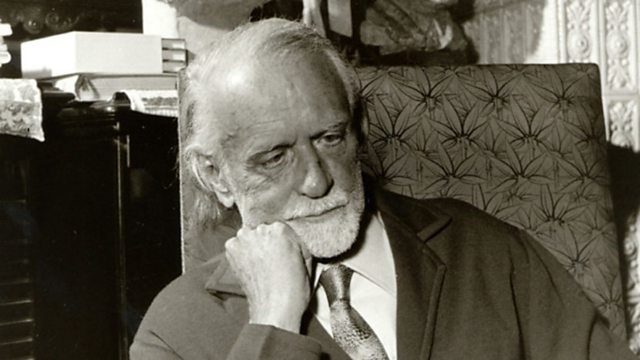Zoltan Kodaly
Donald Macleod explores the music of Hungarian composer Zoltan Kodaly, who lived and worked against a backdrop of unprecedented social and political turbulence.
Donald Macleod explores the music of Hungarian composer Zoltán Kodály.
He traces the composer's early life, and how his experiences growing up in the Hungarian countryside and as a young man in Budapest, as well as his friendship with Béla Bartók, shaped his desire to change Hungarian music for ever.
Donald Macleod examines how the First World War and the subsequent traumatic events in Hungary led to a time of compositional silence in the career of Kodály in the early 1920s, a period that signalled a complete transformation of his musical output.
Donald Macleod explores how, despite intense criticism in his native Hungary, Zoltán Kodály began to receive an increasingly favourable reception abroad, thanks in part to the attention of conductors such as Arturo Toscanini and Willem Mengelberg. He also considers Kodaly's relationship with Britain.
Donald Macleod looks at Kodály's efforts to create stage works, a choral tradition and orchestral pieces, as well as an educational method, all rooted in native Magyar folk music.
Donald Macleod concludes by exploring Kodály's life in Hungary under communist rule following the Second World War - years in which the composer finally achieved the status of a cultural statesman in his own country.
Duration:
Credits
| Role | Contributor |
|---|---|
| Composer | Zoltán Kodály |
This clip is from
More clips from Composer of the Week
-
![]()
Wrth fynd efo Deio i Dywyn (trad.) arr. Jayne Davies
Duration: 01:46
-
![]()
Lisa lân (traditional) , arr. Jayne Davies
Duration: 03:12
-
![]()
Morfydd Owen's Llwyn Owen, arr. Edward-Rhys Harry
Duration: 05:17
-
![]()
Blacklisted!—Sofia Gubaidulina (b 1931), An Incorrect Path
Duration: 01:21






